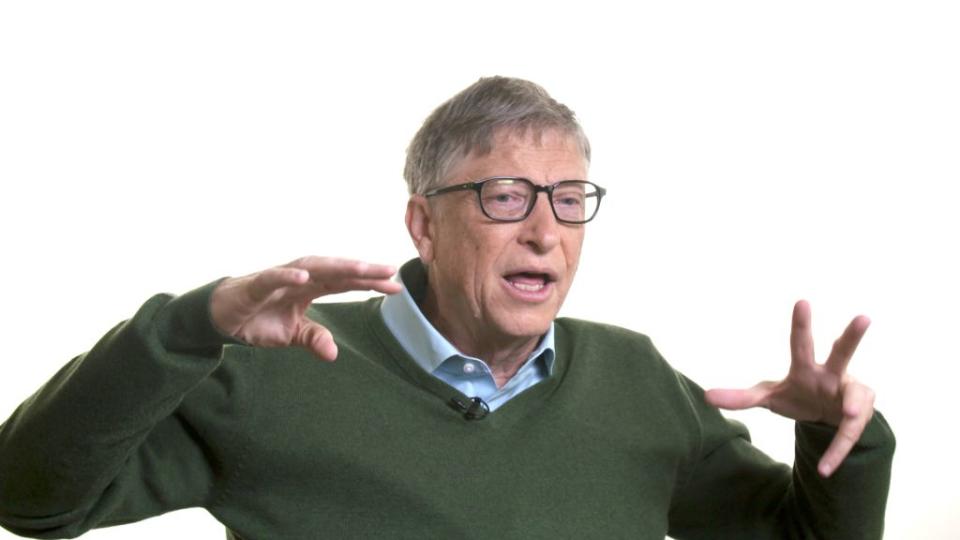Filter bubbles are a serious problem with news, says Bill Gates

It’s easy for people to live in a “filter bubble” of media that reinforces their worldview and excludes other views, whether they consume it via Facebook, favorite news websites, or preferred TV channels.
Technology such as social media “lets you go off with like-minded people, so you’re not mixing and sharing and understanding other points of view,” said Bill Gates in a recent interview with Quartz. “It’s super important. It’s turned out to be more of a problem than I, or many others, would have expected.”
Gates is one of a growing number of technology leaders wrestling with the issue of filter bubbles, a term popularized by Upworthy co-founder Eli Pariser in a 2011 book. Facebook CEO Mark Zuckerberg in his recent “Building Global Community” manifesto cited filter bubbles as one of two “most discussed concerns this past year,” along with information accuracy (aka fake news.) “I worry about these and we have studied them extensively,” Zuckerberg wrote.
A concern is that citizens have no common basis for agreement or connection when their flows of information are so polarized, a phenomenon intensified by a fragmented media landscape and advanced personalization technology. Facebook’s algorithms perform filtering behind the scenes, producing significantly different streams of news based on what a user and her friends have liked, which the Wall Street Journal documented in a project comparing conservative and liberal Facebook experiences.
Gates sees a problem with people not having access to accurate information when they segregate themselves into like-minded communities. “One thing that’s new that is a little concerning is people seeking out things that are really not giving them the facts, and then staying in there,” Gates says. “They’re playing to a narrow worldview—that is a concern.”
But the Microsoft co-founder also believes that the filter-bubble problem will self-correct over time. “Do people really want to be in a microcosm where the facts are wrong? Because over time, wrong facts don’t lead to good things. If you’re hearing ‘Don’t use vaccines,’ or about drug side effects that are false, that’s not good for you,” he says. Similarly, he cites not being exposed to job opportunities because of the information segregation as a reason that people might push back against it.
Education is a counterbalance to filter bubbles, says Gates, since it exposes people “to a common base of knowledge.” And he argues that technology has a net positive effect in the area of information diversity: “It isn’t just the local city newspaper guy who gets to write the stories. At least we have a system that when people want to find things, it’s easier than ever. If they want to publish things, it’s easier than ever.”

Sign up for the Quartz Daily Brief, our free daily newsletter with the world’s most important and interesting news.
More stories from Quartz:

 Yahoo Finance
Yahoo Finance 